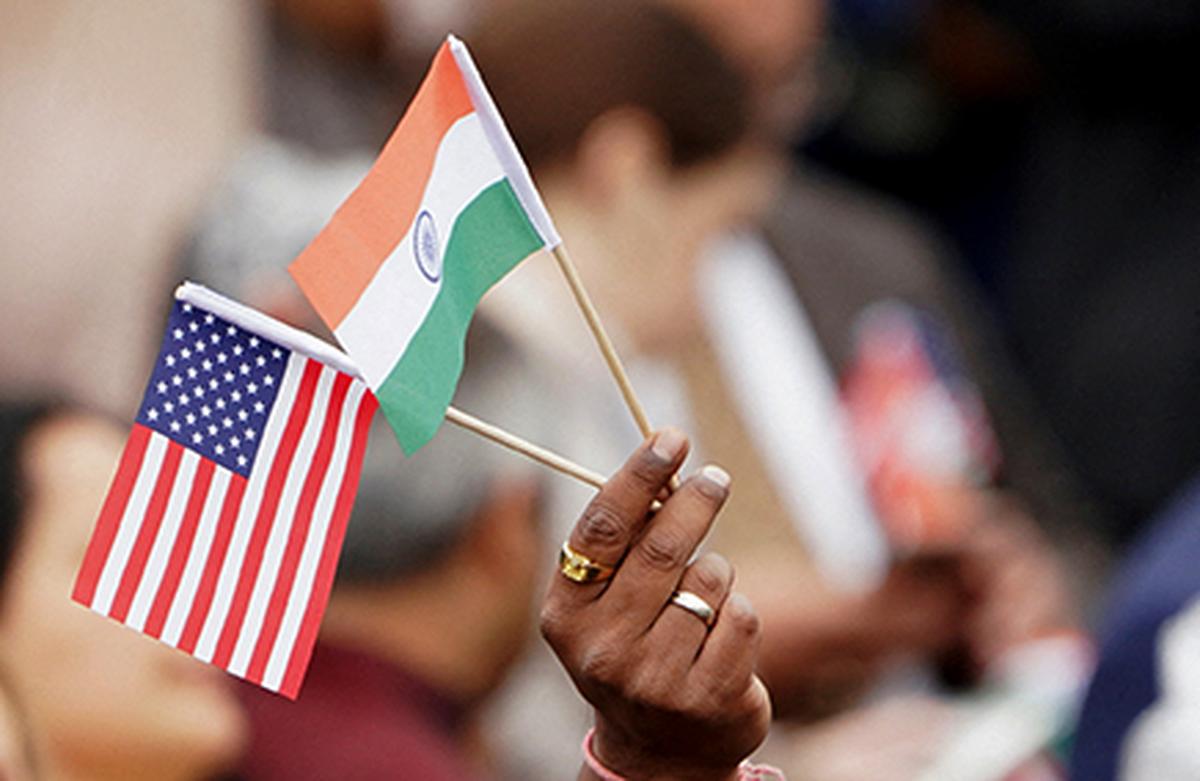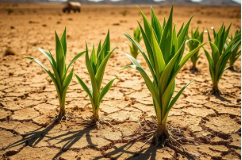
Trade negotiations between India and the United States have seen progress in recent months, but agricultural issues continue to pose significant challenges to a comprehensive agreement. Despite mutual interest in strengthening economic ties, both countries remain divided over key aspects of agricultural trade.
One of the major points of contention is market access. The U.S. has been pushing for greater entry into India’s agricultural market, particularly for products like dairy, poultry, and grains. However, Indian policymakers remain cautious, citing concerns over domestic farmers’ livelihoods, food safety standards, and the need to protect rural economies.
India, on the other hand, is seeking better terms for its own agricultural exports, such as basmati rice, organic produce, and spices. Indian officials argue that non-tariff barriers and stringent U.S. regulations often restrict access to the American market, affecting the country’s agri-export potential.
While there have been ongoing discussions between trade officials from both sides, a final deal remains elusive. Analysts believe that resolving agricultural disagreements will require a delicate balance between protecting domestic interests and embracing fair trade practices.
Both nations have expressed a desire to deepen strategic and economic cooperation. However, agriculture continues to be one of the most politically sensitive sectors in trade talks, often influenced by public sentiment, food security priorities, and lobbying from farmer groups.
Experts suggest that a phased or sectoral approach may help in moving the talks forward. Allowing gradual market openings, setting mutually agreed safety standards, and creating joint platforms for agri-research and innovation could pave the way for better understanding and future cooperation.
Until then, agriculture remains the most complex hurdle in what could otherwise be a significant step forward in India–U.S. trade relations.














